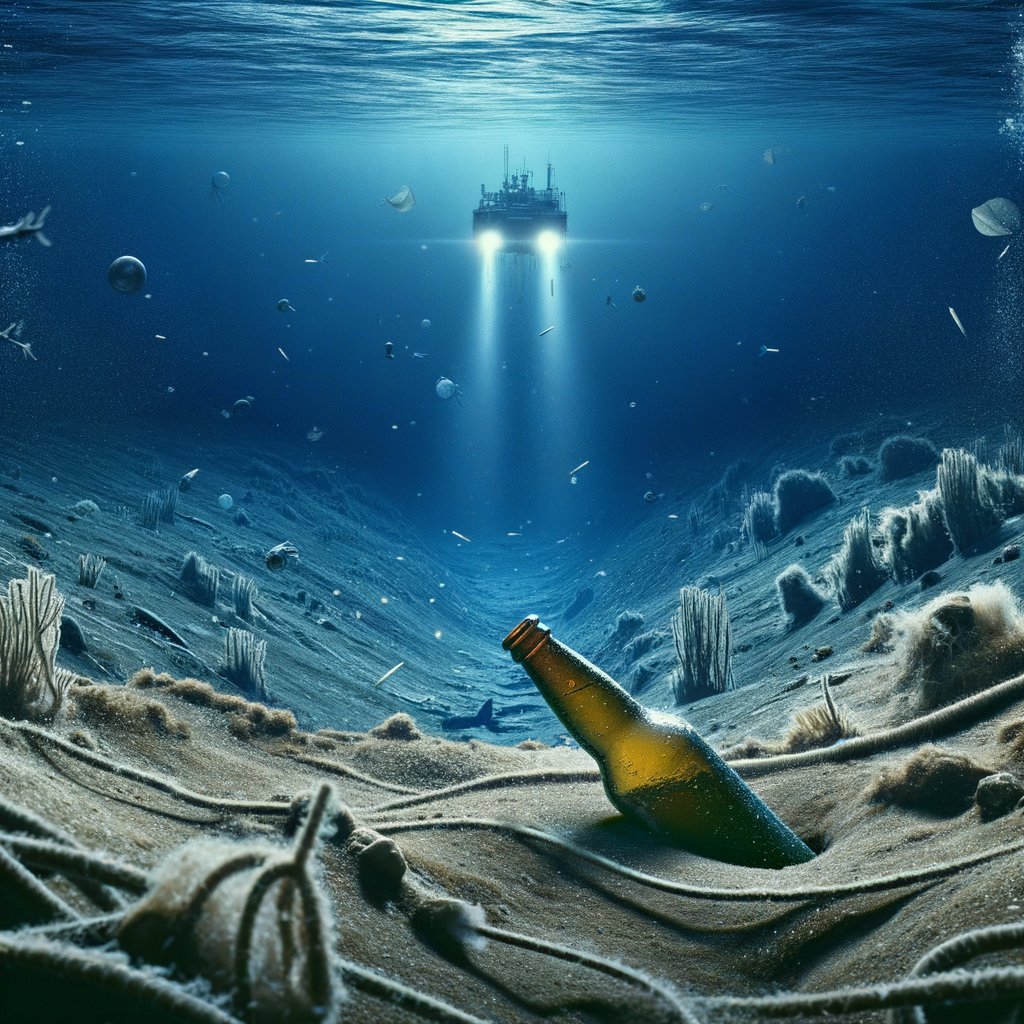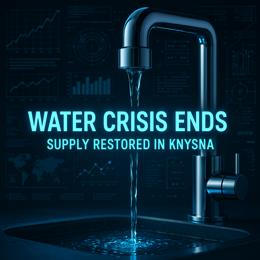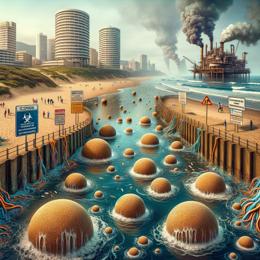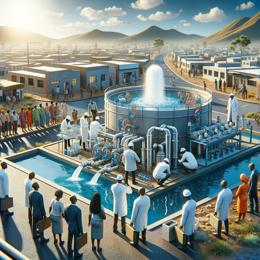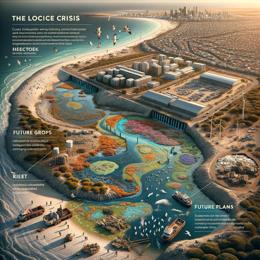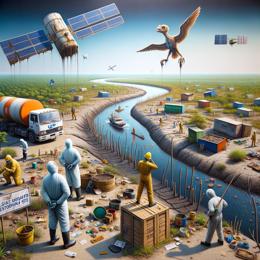Image created by AI
Pollution Beyond Boundaries: An Urgent Wake-Up Call from Challenger Deep
In an expedition that was meant to be groundbreaking, scientist Dawn Wright was confronted with a grim reality of human recklessness at the depth of over 6.7 miles in the Pacific Ocean’s Challenger Deep. The discovery of a lone beer bottle in a region untouched by human presence until recently underscores a pervasive environmental issue that stretches to the very extremes of our planet.
Located in the Mariana Trench, the Challenger Deep is the deepest known point in the world's seabed hydrosphere. Wright’s mission, conducted in summer 2022, was featured in a recent Los Angeles Times op-ed, where she expressed her dismay and frustration over the intrusion of waste in such a remote area. This expedition illustrates not only the striking resilience of refuse but also its insidious spread into the most isolated natural environments.
Plastic pollution is, regrettably, widespread across various ecosystems, from the peaks of Mount Everest, touted as "the world’s highest garbage dump," to the profound depths of the Mariana Trench. The occurrence of waste in these areas is a tragedy pointing to a bigger crisis - the habitual use of single-use plastics and improper disposal practices globally.
The presence of microplastics and other pollutants in these environments poses significant risks to wildlife and disrupts natural processes. Research indicates that microplastics in soil can severely inhibit plant growth and reduce reproductive success, which has cascading effects on food security and biodiversity. In humans, these particles have been correlated with serious health issues such as dementia, cancer, and cardiovascular diseases, though research is ongoing to fully understand the extent.
The irony of finding everyday waste like beer bottles at the depths of the ocean sends a strong, disheartening message about the anthropogenic pressures on the natural world. It emphasizes the urgency for systemic changes towards sustainable waste management and reduced plastic production to mitigate this far-reaching contamination.
Simple lifestyle switches, such as opting for reusable bags and water bottles, can significantly decrease landfill contributions and subsequent pollution. Public awareness and behavior change are crucial in tackling this issue. Moreover, stronger policies on waste management and plastic use are necessary to address the root of the problem effectively.
As news of Wright's discovery reverberated across social media platforms, with Reddit users expressing their outrage and disappointment, it became clear that this incident could serve as a catalyst for deeper conversation and action towards global environmental sustainability.
In a world that is increasingly connected, our actions have impacts far beyond our immediate environment. The stark reminder from the depths of Challenger Deep calls for a collective response to the pressing environmental challenges of our time.
